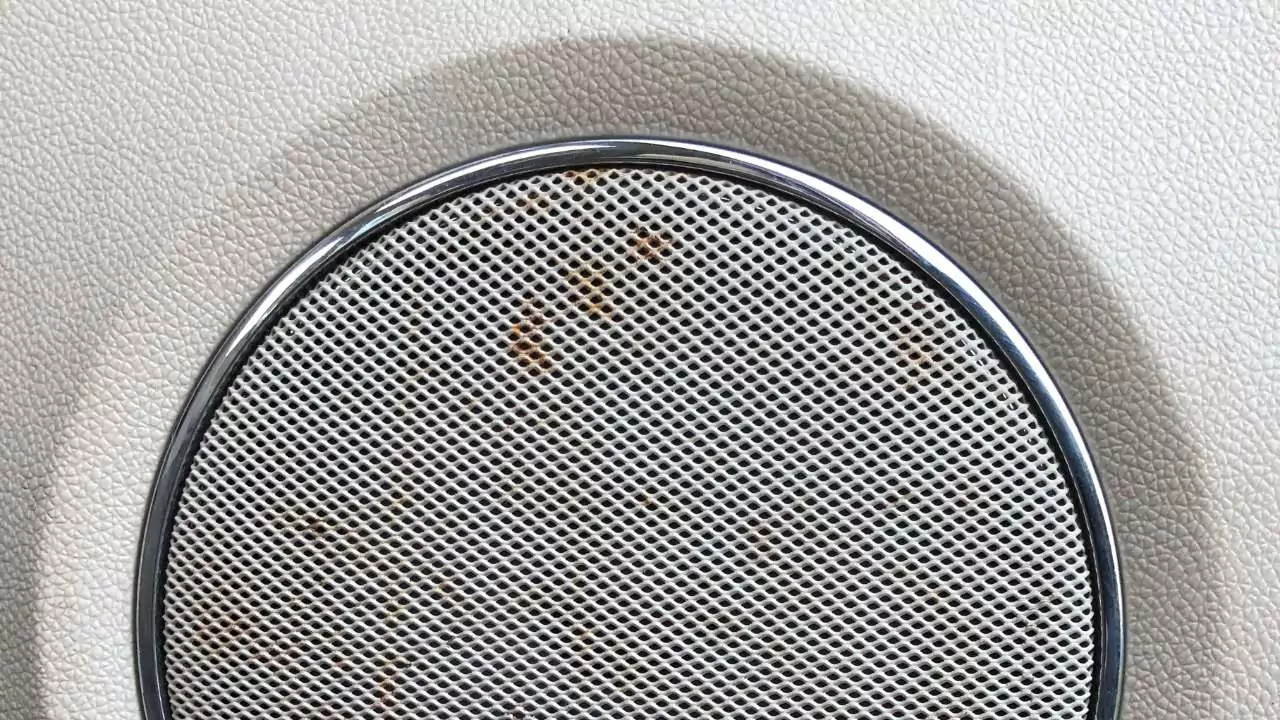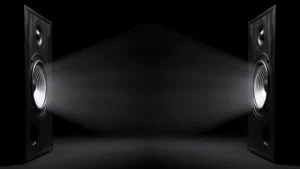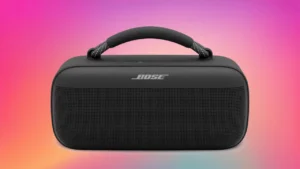Removing rust from a speaker grill can restore its appearance and function. This guide explains how to effectively remove rust from speaker grills and prevent future rusting.
In This Article:
Understanding Rust on Speaker Grills
Causes of Rust
Rust forms on speaker grills due to the oxidation of metal when it is exposed to moisture and air. This can happen from high humidity, spills, or improper storage.
Risks of Leaving Rust Untreated
Leaving rust untreated on speaker grills can lead to further corrosion, weakening the metal and potentially causing damage to the speaker components. Rust can also degrade sound quality by blocking the grill holes.
Steps to Remove Rust from Speaker Grill
1. Gather Necessary Materials
To remove rust from a speaker grill, you will need:
- A rust dissolver or remover
- Mild detergent
- Water
- Cleaning brush (soft-bristled)
- Microfiber cloths
- Protective gloves
2. Take Off the Grills and Remove the Foam
Begin by carefully removing the speaker grills. If they are detachable, this will make cleaning easier. Also, remove any foam backing to prevent damage during the cleaning process.
3. Wash the Grills with Water and Use a Rust Dissolver
Rinse the grills with water to remove loose dirt and debris. Apply a rust dissolver according to the manufacturer’s instructions. Let it sit for the recommended time to break down the rust.
4. Use a Cleaning Brush for Tough Spots
Use a soft-bristled cleaning brush to scrub away the rust. Focus on areas with stubborn rust. Be gentle to avoid scratching the metal surface.
5. Rinse and Dry the Grills Thoroughly
Rinse the grills thoroughly with clean water to remove any residue from the rust dissolver and loosened rust particles. Dry the grills completely with a microfiber cloth to prevent new rust from forming.
Preventing Rust on Speaker Grills
Regular Cleaning and Maintenance
Regularly clean the speaker grills to remove dust and moisture. This will help prevent rust from developing in the first place.
Use of Protective Coatings or Paints
Apply a protective coating or paint designed for metal surfaces to create a barrier against moisture and oxidation. This can extend the life of your speaker grills.
Avoid Exposure to Moisture
Keep your speakers in areas where they are less likely to be exposed to moisture. Avoid placing them in damp environments or near sources of water.
Store Speakers in a Dry Environment
When not in use, store your speakers in a dry, climate-controlled environment. Use silica gel packs in storage areas to absorb moisture and further protect the metal parts from rusting.
By following these steps, you can effectively remove rust from your speaker grills and take preventive measures to keep them in good condition. Regular maintenance and proper storage are key to ensuring the longevity of your speakers.




